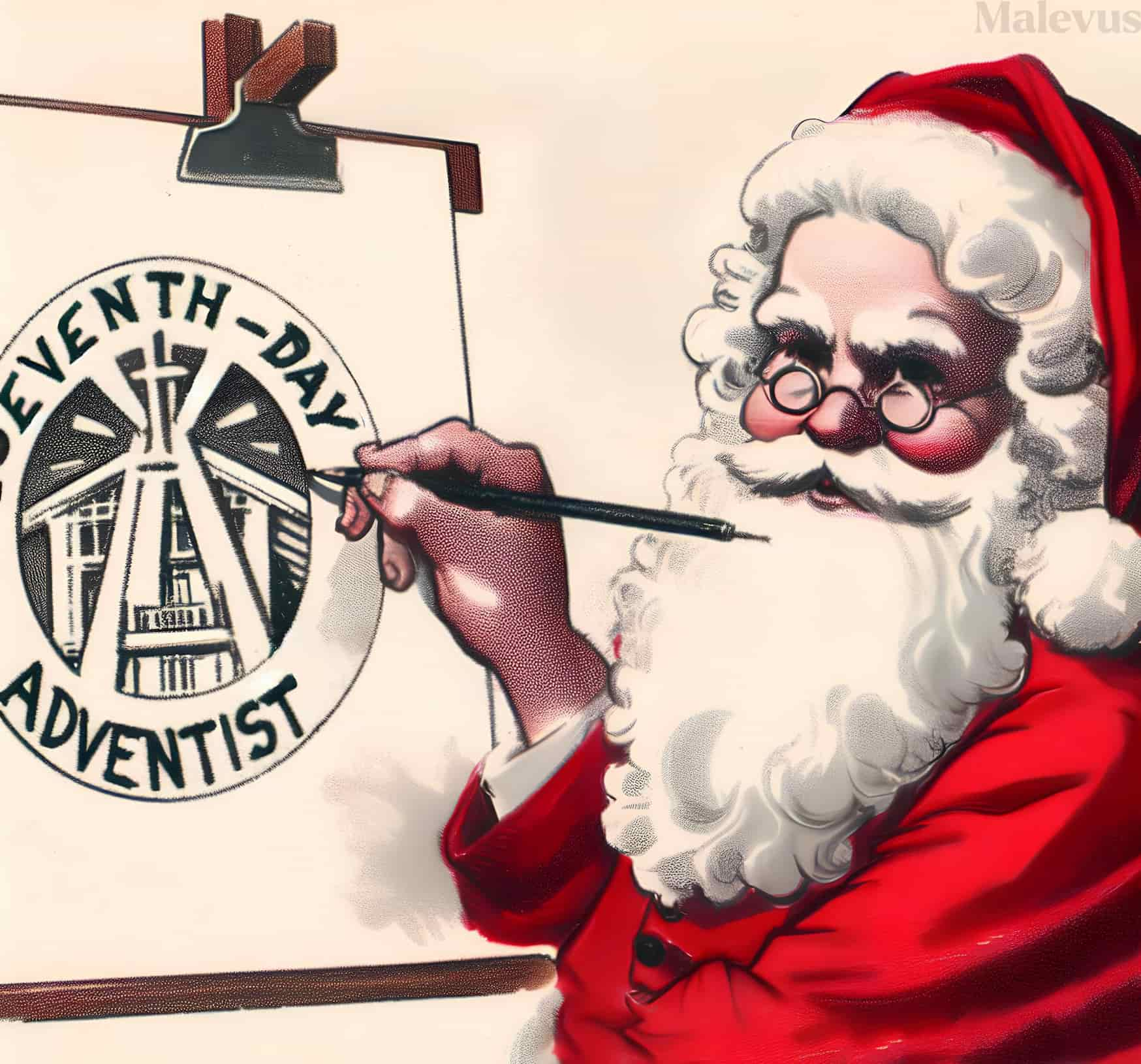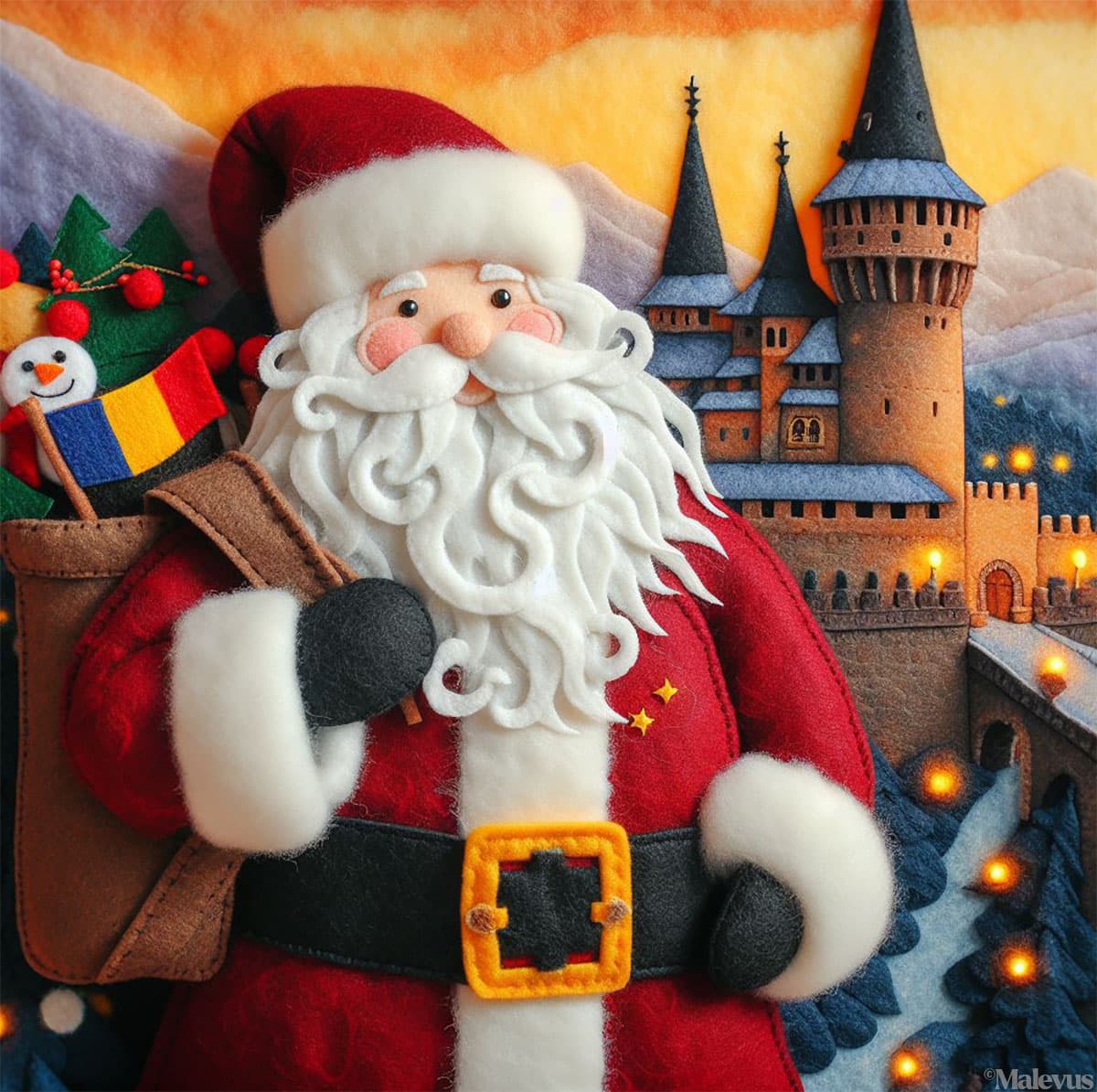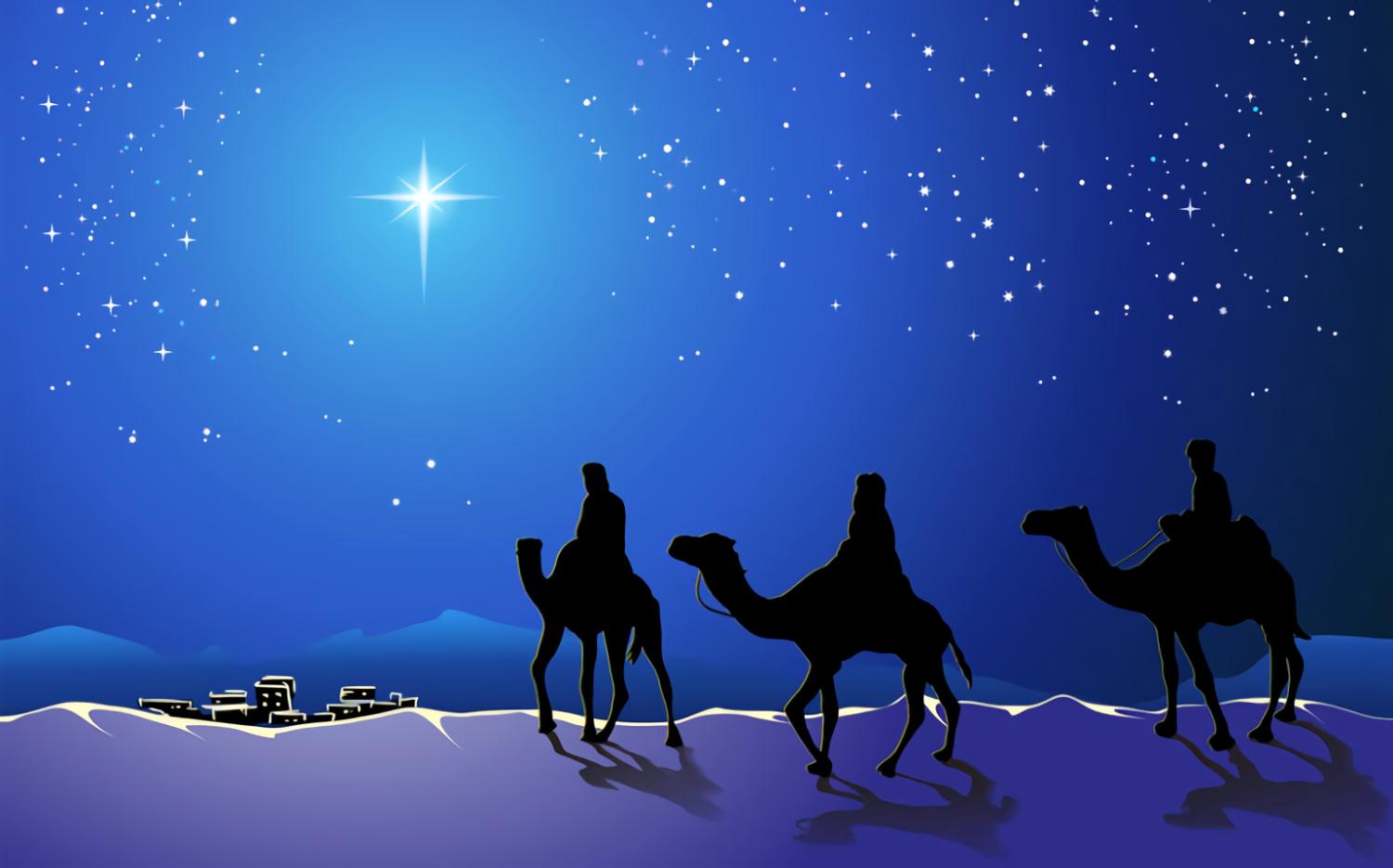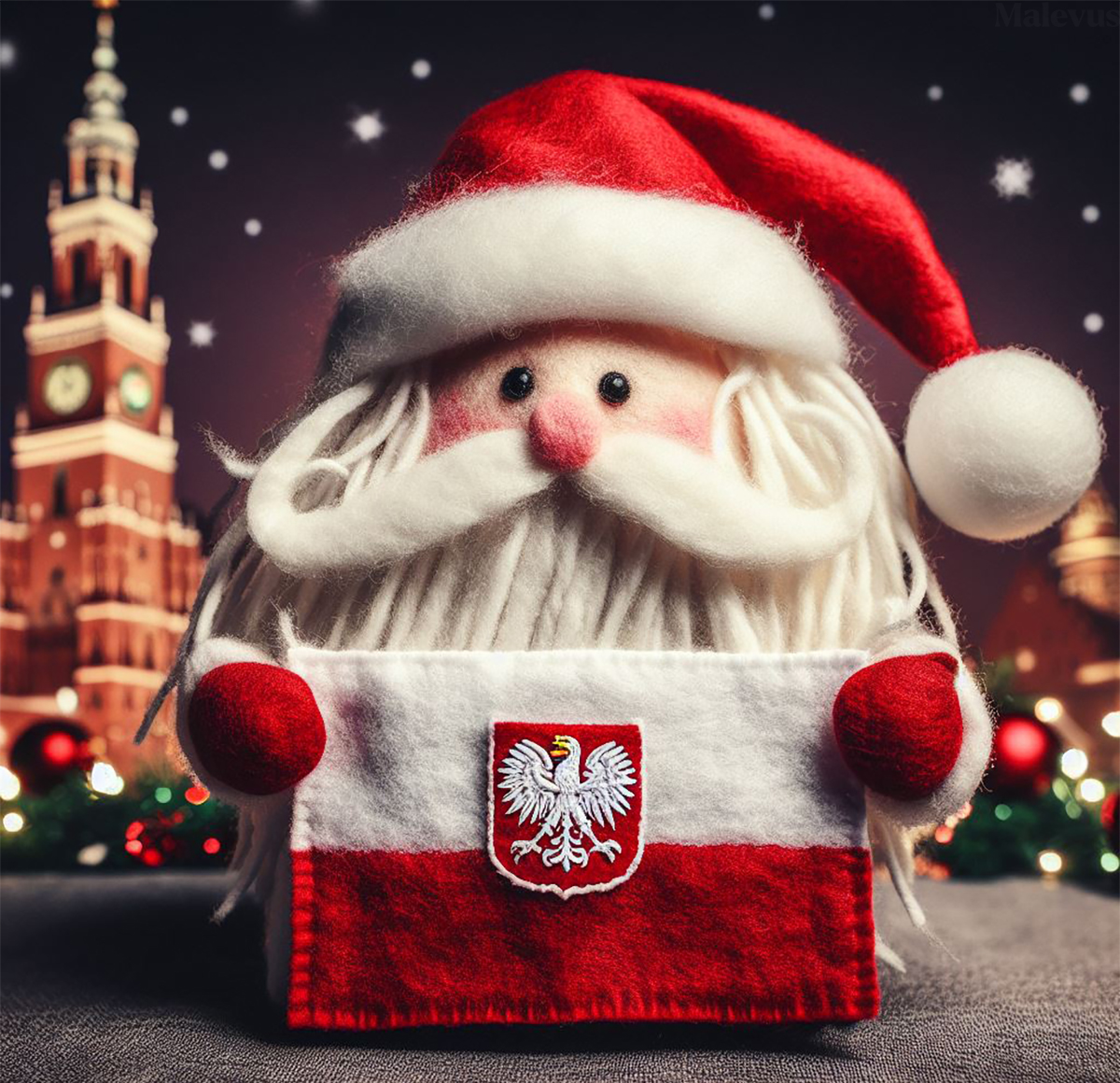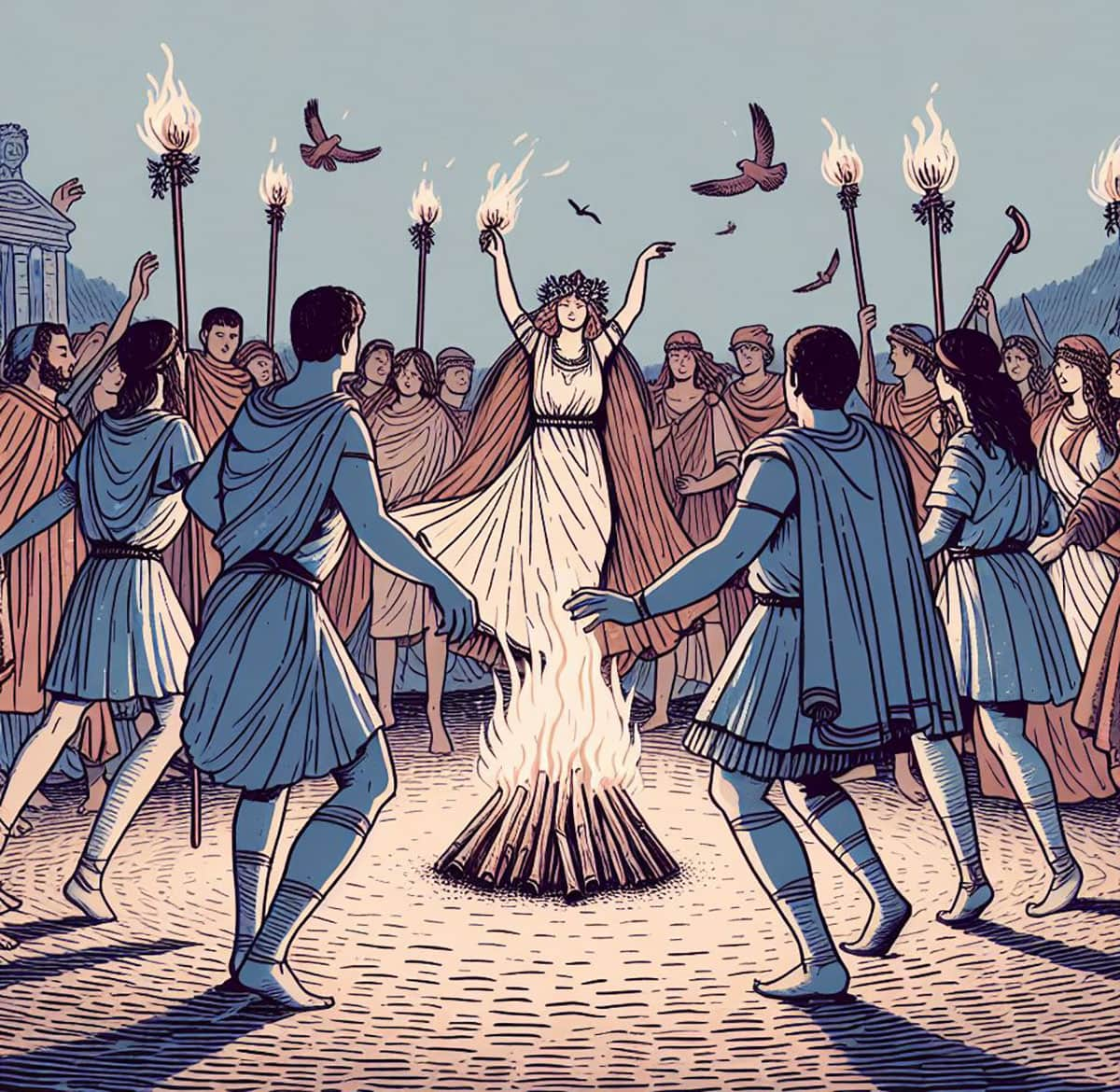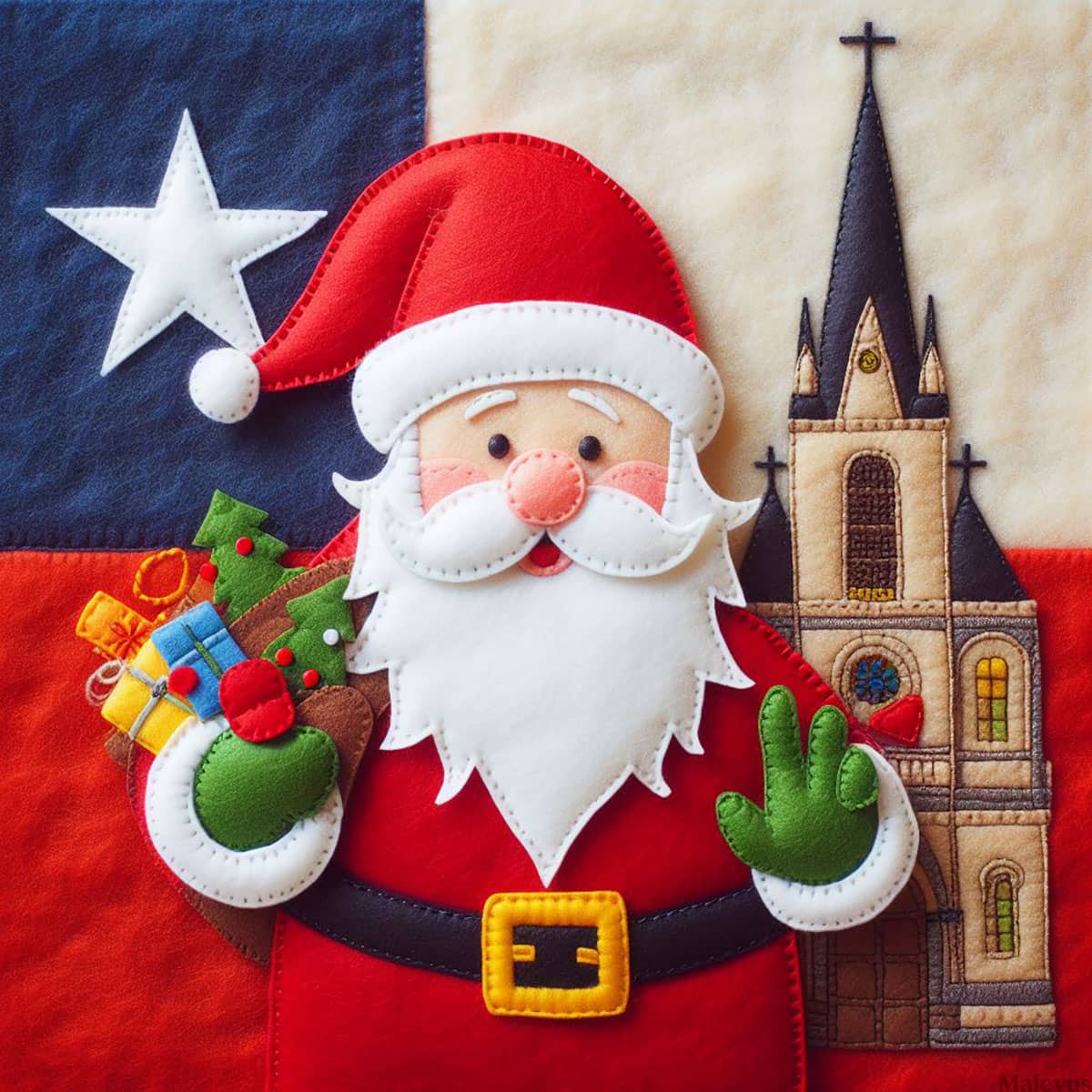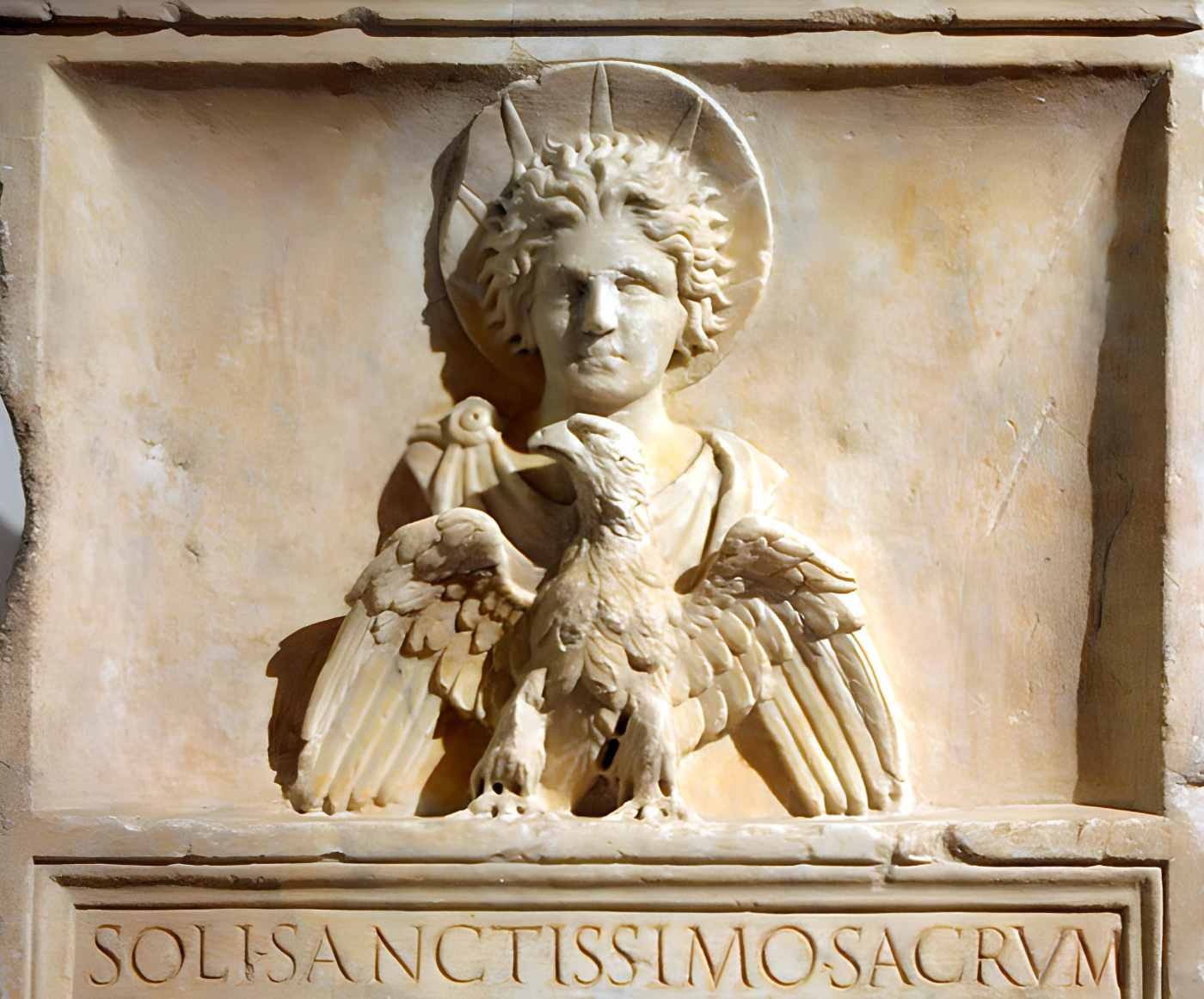Seventh-day Adventists are not subject to restrictions regarding Christmas celebrations because the Bible neither explicitly supports nor rejects them. The Church suggests that each Adventist must evaluate the holiday in light of his or her beliefs and studies before deciding whether or not to celebrate it. Adventists are free to celebrate Christmas as they see fit; however, they may opt to forgo any traditions or rituals that they find offensive, such as their alleged pagan origins. For Adventists, the celebration of Christmas depends on the effect it will have on their devotion to Jesus.
-> See also: 48 Countries That Celebrate Christmas Widely
Seventh Day Adventists and Christmas
Materialism
Concerns over Christmas’ pagan roots and commercialization have led some Seventh-day Adventists to forego the holiday. They fear that they will get preoccupied with the trappings (greed and selfishness) of the season and forget the true meaning of Christmas, which is to love God.
Many of the symbols and rituals associated with the event also have their roots in ancient pagan celebrations. The origin of December 25 can be traced back to an ancient festival celebrating the sun deity. This is why many Seventh-day Adventists prefer to ignore the holiday of Christmas.
Jesus’ Birthday is Not Known
Pope Julius I, around 350 AD, first declared publicly the conventional Christian date of Jesus’ birth as December 25. According to the Seventh-day Adventists, the Bible does not offer a definite date for the birth of Jesus. Matthew and Luke, the New Testament gospels from which we get the nativity stories, make no reference to a specific date for Jesus’ birth.
The gospel writers tended to emphasize theological details over chronological order. Birth is usually accepted to have occurred between 6 BC and 4 BC, the year of King Herod’s death, with no evidence. That’s why they hesitate to celebrate Christmas.
-> See also: Do Mormons Celebrate Christmas?
Does Christmas Have Pagan Roots?
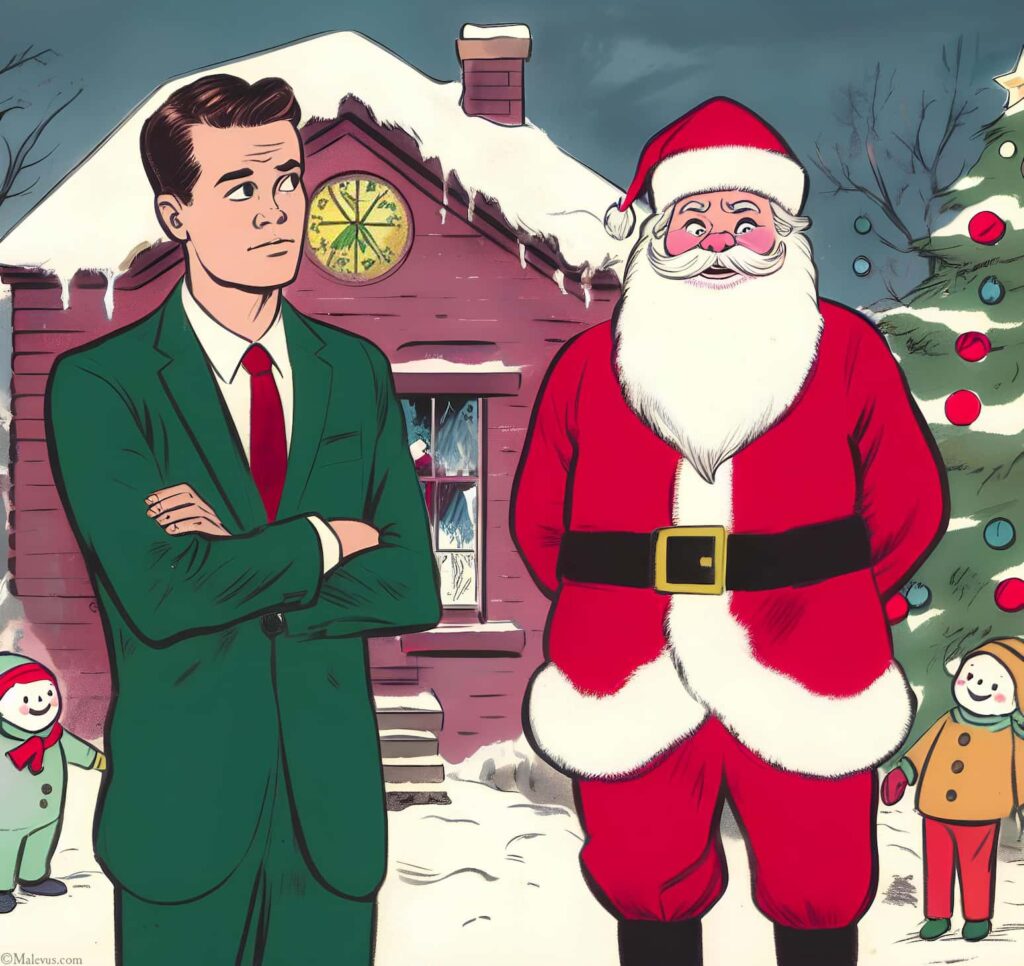
Origin
The time and the rituals surrounding Christmas have strong ties to pre-Christian celebrations. Many ancient cultures celebrated the winter solstice on December 25, which is also the day of Christmas.
The winter solstice, which falls on December 22, is the shortest day of the year, although it was traditionally considered a time of optimism due to the lengthening of the days that followed. This was a cause for rejoicing; therefore, dining and exchanging gifts were common. In ancient Rome, the pagan holiday Saturnalia celebrated the god of agriculture. Gift-giving, eating, and even role reversal when masters would serve their slaves were all part of it, which grew from a single day to a weeklong celebration commencing on December 17.
-> See also: Do Jews Celebrate Christmas?
A New Meaning
The early followers of Christ in Europe took up preexisting festivals as their own. They connected these winter solstice rituals with Christmas, making the birth of Jesus that much more auspicious. This is why many customs associated with Christmas—such as the use of holly in decorations, the cultivation of Christmas trees, and the sharing of passionate kisses under the mistletoe—have their origins in pagan fertility rites. Christmas borrowed certain customs from ancient pagan celebrations, but it’s pretty much a secular festival now, except in a few countries like Peru or Russia.
How Do Seventh Day Adventists Celebrate Christmas?
Christmas for the SDA members is a double-edged sword: on the one hand, they feel the need to ban the festival but on the other hand, they feel the need to participate in it to not scare potential future believers away. That’s why their church is neutral on the matter since modern celebrations don’t raise ethical concerns. To observe or not observe Christmas is not a sin.
When they choose to celebrate Christmas, the Seventh-day Adventists mostly spend time with family or church members, exchanging gifts. They don’t decorate their houses with trees or lights but they celebrate Christmas lunch. Adventists may still listen to sermons centered on the birth of Jesus. They may also get their young groups engaged in activities like Christmas plays by staging or attending Christmas performances or concerts, holding food and gift drives, and so on. However, they are not so fond of Santa Claus since he is not a religious figure.
-> See also: Do Muslims Celebrate Christmas?
Seventh Day Adventist Beliefs
The Bible is the only source of faith for Seventh-day Adventists, a Christian group that adheres to the Protestant principle of Sola Scriptura (“Bible only”). They consider certain fundamental convictions to be the Holy Scriptures’ teaching. They agree with many core Protestant Christian doctrines, such as the authority of the Bible, the reality of sin and the need for redemption, and the atoning work of Jesus.
The Seventh-day Adventist Church (SDA) is a subset of the larger Protestant Adventist community. Saturday, the seventh day of the week in the Christian and Hebrew calendars, is observed as the Sabbath, making it a distinctive feature of this church, which was formally created in 1863. The church has a firm belief in the return of Jesus, or the Second Advent.
The well-known observance of Saturday as Sabbath Day is one example of their doctrines outlined in the SDA’s 28 Fundamental Beliefs. They are a group of Christians who share a common mission: to emulate Jesus in their daily lives, relationships, teachings, and acts of service. Some members ignore Christmas because of its pagan roots or the temptation it has to indulge in self-centeredness.



